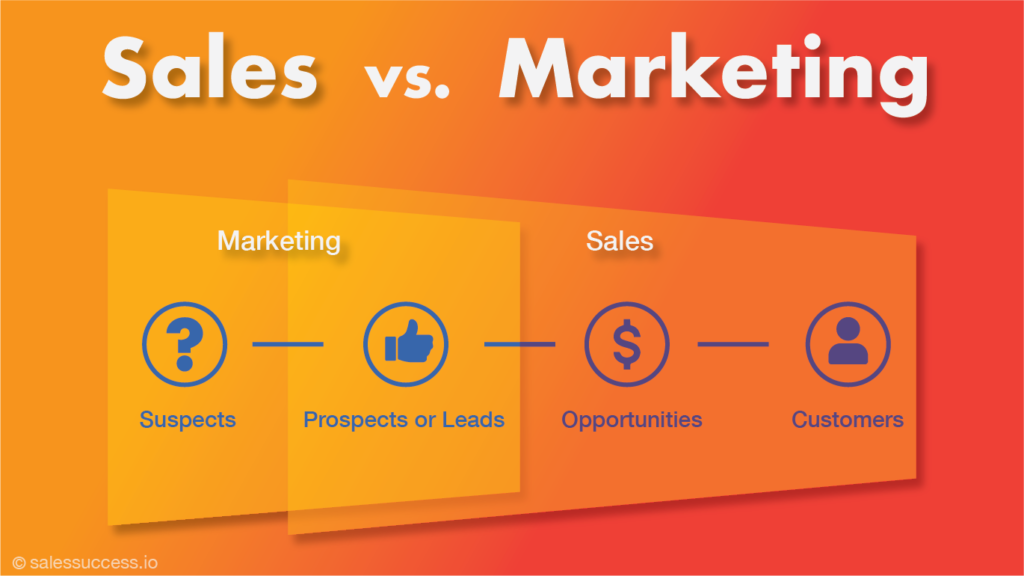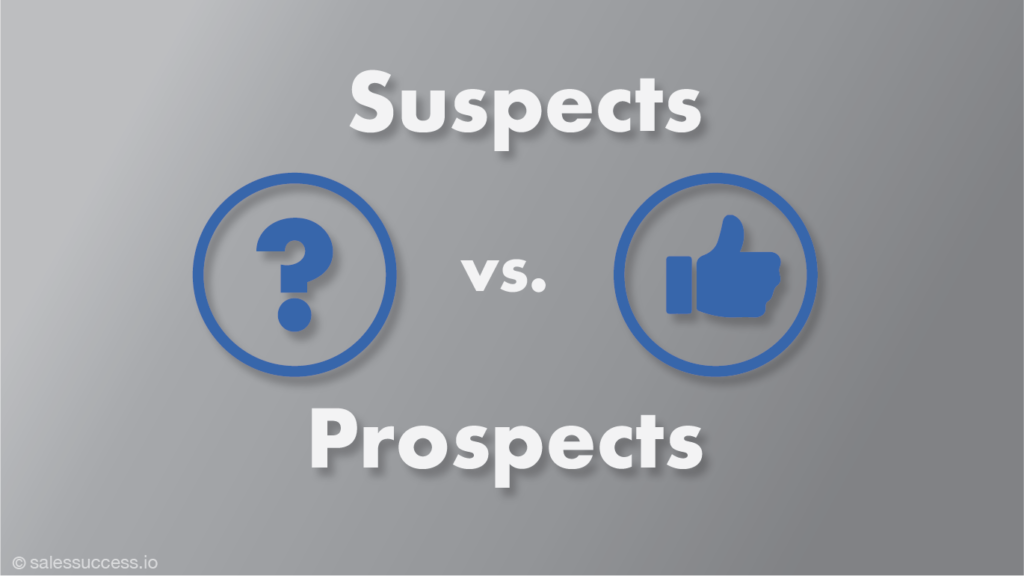- What HR Must Know About Sales
![]()
Sales is the engine that powers revenue, funds salaries, and drives company growth. Yet in many organizations, it’s treated like a black box — a team tasked with “bringing in business” while everyone else focuses inward. That mindset is not just outdated — it’s risky.
Sales isn’t a rogue team hustling in isolation. It’s a strategic performance function that demands structure, discipline, and ongoing support. And HR is central to making that happen.
If you work in HR, your influence goes far beyond hiring and compliance. You shape how salespeople are recruited, ramped, enabled, rewarded, and retained. From identifying the right blend of grit, empathy, and strategic thinking in candidates to creating comp plans, onboarding experiences, and high-performance environments — you have the power to make or break sales success.
This post is your practical guide to what every HR professional must understand about sales — and how to build the conditions where top performers can thrive.
Stop Sugarcoating the Sales Job: Be Brutally Clear During Hiring
One of the most costly mistakes HR makes when hiring for sales roles is soft-selling the reality of the job. If your sales reps are expected to make 60 cold calls a day, say it upfront. Don’t bury it under vague phrases like “fast-paced environment” or “proactive outreach.”
Sales is hard — and the right people aren’t afraid of that. In fact, top candidates will respect your honesty. It is the wrong hires who flinch at the demands — and it is far better to filter them out before they join than after they burn out.
Misleading candidates just to hit hiring goals is short-sighted. It leads to early attrition, poor performance, and frustrated sales managers. It also damages your employer brand. Being transparent during hiring builds trust, sets the tone for accountability, and attracts reps who are genuinely ready to take on the challenge.
Respect the role. Respect the candidate. Be clear. Sugarcoating the job helps no one — least of all your sales team.
Salespeople Aren’t Plug-and-Play Machines — They Need Ramp-Up Time
Expecting new sales hires to “hit the ground running” is a fast track to failure. Whether it is a seasoned rep or a fresher, every salesperson walks into a completely new environment: unfamiliar product, messaging, tools, target customers, and team dynamics. Even top performers need time to adjust.
Sales isn’t just charm and hustle — it’s execution, and that takes enablement.
What works instead is a structured, progressive ramp-up plan, ideally co-created by HR and sales leadership:
- Month 1: Product training, market immersion, shadowing senior reps
- Month 2: Warm prospecting, internal roleplays, soft targets
- Month 3+: Full pipeline ownership with coaching and accountability
- Progressive quotas: e.g., 20% of target in Month 1, 50% in Month 2, full quota by Month 4
Equally important is the environment: early-stage sales pressure without proper enablement is just negligence. Instead of lighting a fire under your sales team, light a path. Set realistic expectations, build their confidence, and support their growth. That’s how you get performance — and retention.
Sales is Not a Silver Bullet — It Can’t Fix What’s Broken
Sales doesn’t operate in a vacuum — it amplifies what already exists. Too often, leadership assumes that hiring a few “hunters” will magically generate revenue, even when the rest of the business isn’t ready. That’s not just unrealistic — it is unfair to your sales team.
Before pointing fingers at sales, ask:
- Do you have product-market fit? Without it, there is no real market to sell into.
- Is your product stable and usable? Buggy products erode trust, fast.
- Do you have reference customers or success stories? Social proof matters in B2B sales.
- Is there a marketing engine to support lead generation? Sales needs awareness to generate pipeline.
- Are onboarding and customer success working well? Poor customer experience poisons future sales.
Sales is the tip of the spear — but it can’t hit targets if the shaft is cracked. HR must help leadership recognize that sales performance depends on company readiness. Don’t expect miracles from your reps if foundational issues remain unresolved.
Sales is a Strategic Capability — Not an Instant Fix
Too often, companies treat sales like a plug-and-play solution: hire a few reps, give them a quota, and expect revenue to pour in. That’s not how it works.
Sales is a long-term, strategic capability. It takes time to build the right team, processes, and momentum. Even the best reps need support, structure, and a realistic runway to succeed. And just like product or engineering, sales performance compounds — with the right investments, it gets stronger over time.
HR must help leadership embrace this mindset. Set expectations that sales success is built, not bought. Be patient, stay committed, and treat sales like the strategic pillar it is.
Treat Salespeople Like Revenue Partners, Not Just Employees
If you want to attract and retain top sales talent, you have to treat them like what they are — revenue partners, not just employees. That means paying competitive commissions, recognizing their wins publicly, and offering meaningful perks.
Yes, even if it feels like you are pampering them more than other teams. Because unlike most roles, sales directly fuels your company’s revenue — and every salary depends on it.
Unfortunately, in many small or early-stage companies, there’s a quiet resentment toward sales. You will hear things like:
- “We built the product; they’re just selling it.”
- “Why should they earn more than engineering or ops?”
- “They’re just doing their job.”
That mindset is not just toxic — it is bad business. If your salespeople are bringing in revenue, they should be rewarded accordingly. This isn’t favoritism — it’s a return on performance.
In addition to commissions, use recognition programs like President’s Club, performance shout-outs from leadership, or regular awards. Non-monetary recognition goes a long way in keeping your team motivated and loyal.
HR Must Champion the Sales Team Internally
In high-performance companies, HR is more than a hiring and compliance function — it is a strategic force. Nowhere is this more critical than in supporting the sales team.
Sales isn’t just another department; it is the engine of revenue. Yet too often, HR hires salespeople and then steps aside, leaving them to sink or swim. That’s a missed opportunity.
Great sales teams thrive when they have:
- Clear expectations
- Structured onboarding and training
- Modern tools and sales assets
- A supportive, energizing environment
HR must advocate for all of this — and more. Be the internal voice that champions sales enablement, pushes for smarter comp plans, secures budgets for coaching, and ensures sales is included in feedback loops and performance reviews.
When HR helps create the conditions for sales to thrive, the whole company benefits.
Equip Sales with the Right Tools — or Watch Productivity Bleed
Sales enablement isn’t just about training — it is about giving your team the tools to win. From CRM platforms and email automation to lead intelligence and proposal software, modern sales tech isn’t optional. It’s table stakes.
If your sales reps are spending hours on manual tasks that software could handle in minutes, you’re not saving costs — you are losing revenue.
HR should advocate for these investments alongside Sales and RevOps. Push for the right tools, ensure proper onboarding and adoption, and measure impact tied to performance. A well-equipped sales team doesn’t cost the business — it powers it.
Respect Salespeople’s Time — Every Hour Counts
Sales is a performance-driven function. Every hour your reps aren’t talking to prospects or closing deals is lost revenue. Just as you wouldn’t pull a factory worker off the production line for unnecessary meetings, you shouldn’t drag salespeople into endless check-ins, internal huddles, or non-essential events.
HR should help set boundaries that protect selling time: no meetings during prime prospecting hours, limit admin tasks, and use asynchronous updates wherever possible. Respect their calendar like you respect their quota — both are tied directly to company growth.
Conclusion: Build the Environment, Fuel the Growth
Sales is not just a department — it is your company’s growth engine. Every deal closed funds the rest of the business. And yet, too often, sales teams are misunderstood, under-supported, or treated like disposable headcount. That mindset doesn’t just hurt morale — it stunts growth.
HR has the power to change this. You are not just here to fill roles or process paperwork. You are building the systems, culture, and structure in which salespeople either thrive or churn.
Want your sales team to perform? Treat sales as a strategic capability, not a transactional function. Be transparent in hiring, give them the right tools, reward results meaningfully, and protect their time like a factory floor.
When HR champions sales, sales delivers. And when sales delivers, the entire company moves forward.
Subscribe to our Blog



